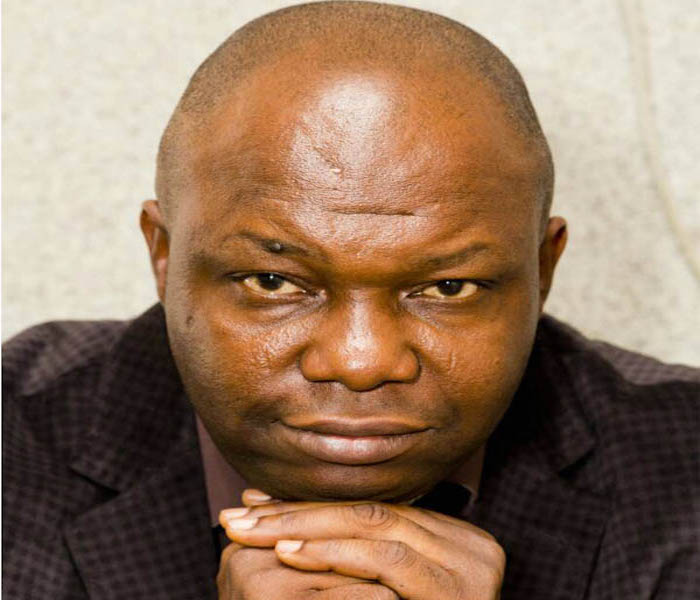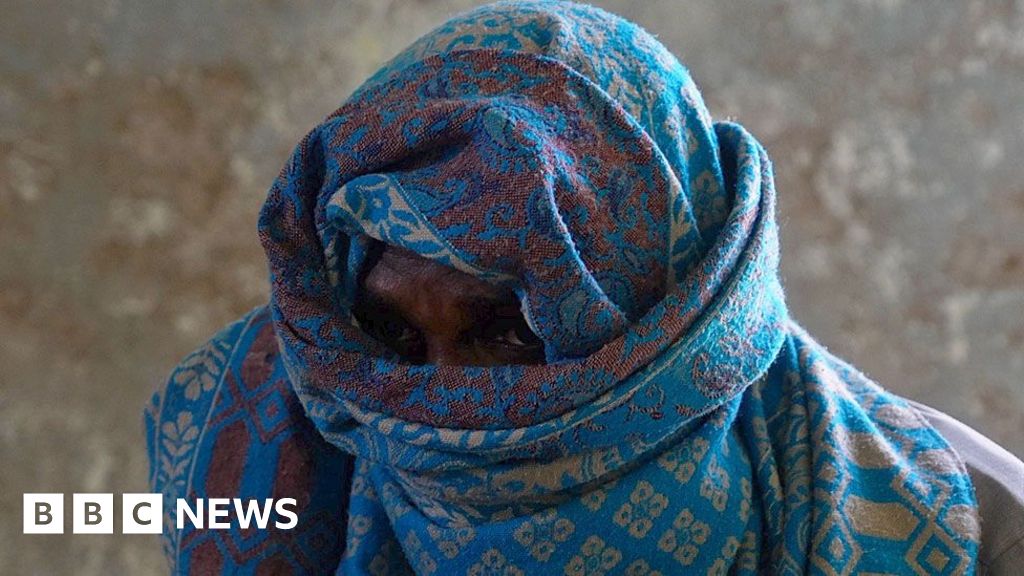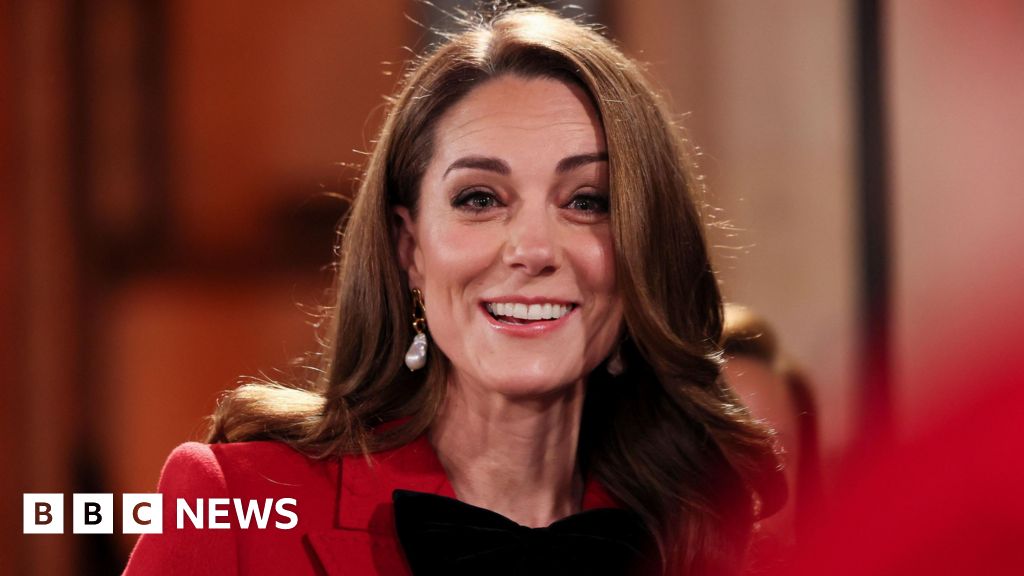
President Bola Tinubu and Atiku Abubakar
The 2023 presidential candidate of the Peoples Democratic Party, Atiku Abubakar, has criticised the 2025 budget proposal, stating it lacks the structural reforms and fiscal discipline needed to confront Nigeria’s economic challenges.
In a statement on Sunday, Atiku expressed doubts about the budget’s potential to drive sustainable growth and tackle persistent issues.
President Bola Tinubu presented the N47.9 trillion 2025 budget to a joint session of the National Assembly, with N4.91 trillion allocated to defence and security. Infrastructure followed with N4.06 trillion, while health and education were assigned N2.48 trillion and N3.52 trillion respectively.
Atiku responded, stating, “The 2025 budget lacks the structural reforms and fiscal discipline required to address Nigeria’s multifaceted economic challenges.
“The administration must reduce inefficiencies, tackle inflated contracts, and focus on long-term fiscal sustainability instead of perpetuating unsustainable borrowing and recurrent spending.”
He highlighted that the N48 trillion budget, with a revenue projection of N35 trillion, leaves a deficit of over N13 trillion—approximately 4% of GDP.
According to Atiku, this continues a trend of deficits and heavy reliance on borrowing under the APC-led government since 2016.
“To bridge the gap, the government plans to borrow over N13 trillion, including N9 trillion in direct loans and N4 trillion for project-specific financing.
“This mirrors past strategies, escalating public debt and increasing risks tied to interest payments and forex volatility,” he said.
Atiku warned the budget is destined to fail due to weak foundations.
“The 2024 budget’s underperformance reveals poor execution. By Q3, less than 35% of capital expenditure had been disbursed, despite claims of 85% execution. This undermines confidence in the 2025 plan.”
He also criticised the disproportionate focus on debt servicing, which stands at N15.8 trillion (33% of total expenditure), nearly matching the capital expenditure of N16 trillion (34%).
“Debt servicing surpasses allocations for defence (N4.91 trillion), infrastructure (N4.06 trillion), education (N3.52 trillion), and health (N2.48 trillion), crowding out essential investments and worsening the debt cycle.”
Atiku noted that recurrent spending remains excessively high at N14 trillion (30% of the budget), fuelling inefficiencies and sustaining an oversized bureaucracy.
“The lack of effort to curb waste leaves limited resources for development. Capital investment, accounting for just 25% to 34% of the budget, falls short of addressing Nigeria’s infrastructure needs. At approximately N80,000 ($45) per capita, it cannot drive growth.”
He further criticised the planned VAT increase from 7.5% to 10%, labelling it a regressive move that will heighten economic hardship.
“Raising taxes while ignoring governance inefficiencies will stifle consumption and deepen the cost of living crisis. The government risks widening economic disparity instead of alleviating it,” Atiku concluded.

 5 hours ago
1
5 hours ago
1















 English (US) ·
English (US) ·